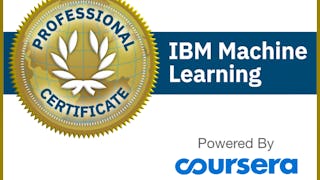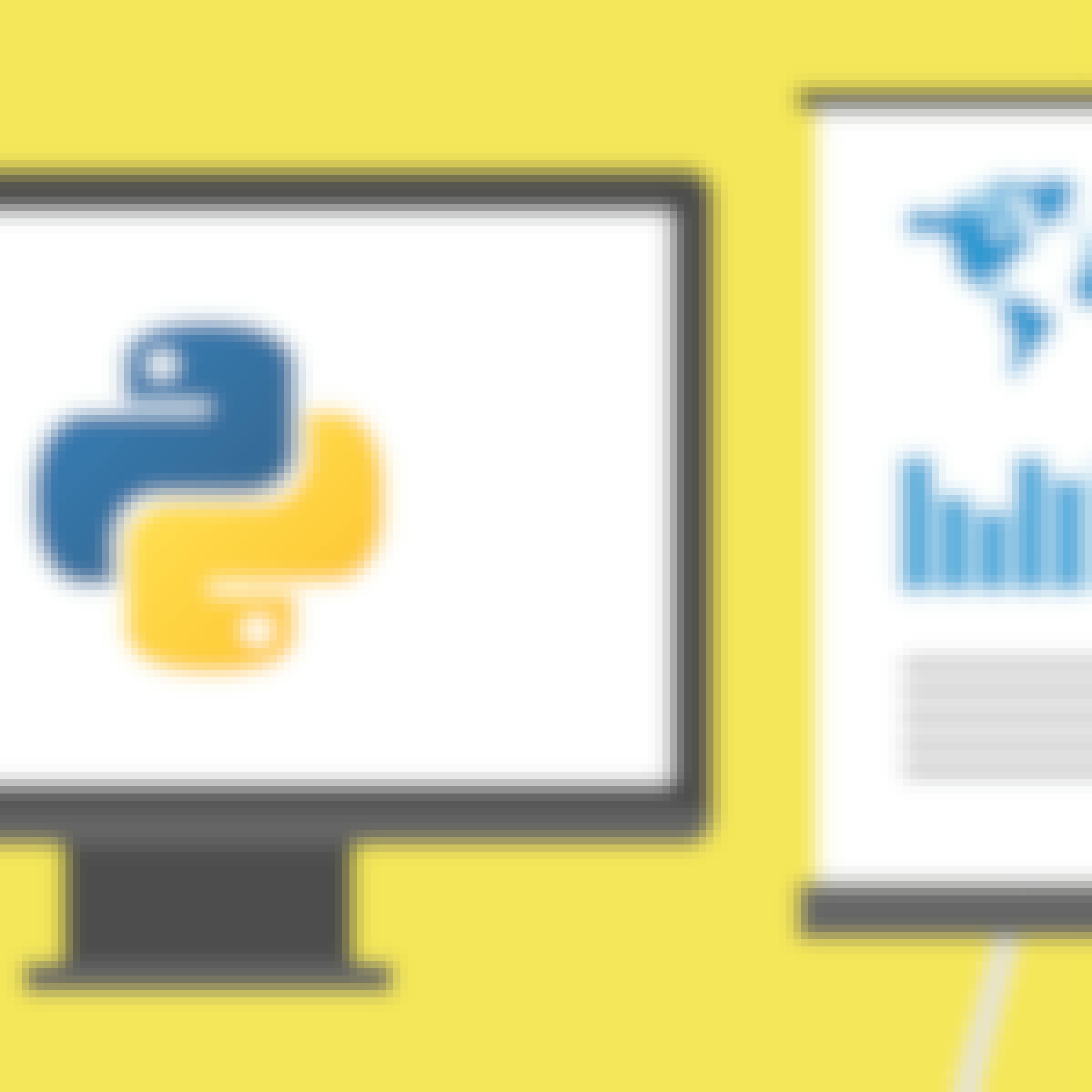Filter by
SubjectRequired
LanguageRequired
The language used throughout the course, in both instruction and assessments.
Learning ProductRequired
LevelRequired
DurationRequired
SkillsRequired
SubtitlesRequired
EducatorRequired
Explore the Dynamic Programming Course Catalog
 Status: Free Trial
Status: Free TrialUniversity of Minnesota
Skills you'll gain: User Story, Agile Software Development, Software Design Patterns, Design Thinking, Software Development Methodologies, Software Design, Agile Methodology, Agile Project Management, Engineering Software, Process Mapping, Software Engineering, Kanban Principles, Software Development Life Cycle, Software Quality Assurance, Program Development, Application Security, Scrum (Software Development), Requirements Analysis, Lean Methodologies, Lean Manufacturing
 Status: Free Trial
Status: Free TrialUniversity of Michigan
Skills you'll gain: Hypertext Markup Language (HTML), Web Content Accessibility Guidelines, Web Design and Development, Usability, Semantic Web, Cascading Style Sheets (CSS), Cloud Hosting, Web Servers, Data Validation, Web Development Tools
 Status: Free Trial
Status: Free TrialSkills you'll gain: Serverless Computing, Digital Transformation, Cloud Services, Data Ethics, Cloud Infrastructure, Google Cloud Platform, Application Programming Interface (API), Applied Machine Learning, Hybrid Cloud Computing, Infrastructure As A Service (IaaS), Cloud Computing, Public Cloud, Technical Management, Business Transformation, Containerization, Technology Strategies, Cloud-Native Computing, Multi-Cloud, IT Management, Machine Learning
 Status: Free Trial
Status: Free TrialSkills you'll gain: Exploratory Data Analysis, Unsupervised Learning, Supervised Learning, Feature Engineering, Generative AI, Regression Analysis, Dimensionality Reduction, Reinforcement Learning, Data Cleansing, Data Access, Deep Learning, Data Analysis, Applied Machine Learning, Predictive Modeling, Statistical Analysis, Statistical Inference, Statistical Hypothesis Testing, Machine Learning Algorithms, Classification And Regression Tree (CART), Scikit Learn (Machine Learning Library)
 Status: Free Trial
Status: Free TrialUniversity of Alberta
Skills you'll gain: Requirements Analysis, Agile Software Development, Agile Methodology, Kanban Principles, Project Planning, Requirements Elicitation, Sprint Retrospectives, Requirements Management, Functional Requirement, Business Requirements, Sprint Planning, Software Development Methodologies, Software Development Life Cycle, Scrum (Software Development), Software Technical Review, Code Review, Software Development, Product Requirements, Risk Management Framework, User Story
 Status: Free Trial
Status: Free TrialUniversity of Alberta
Skills you'll gain: Reinforcement Learning, Deep Learning, Machine Learning Algorithms, Machine Learning, Supervised Learning, Artificial Neural Networks, Pseudocode, Linear Algebra, Probability Distribution
 Status: Free Trial
Status: Free TrialSkills you'll gain: Data Visualization Software, Plotly, Data Visualization, Dashboard, Interactive Data Visualization, Matplotlib, Seaborn, Data Presentation, Data Analysis, Geospatial Information and Technology, Pandas (Python Package), Scatter Plots, Histogram, Heat Maps, Box Plots

Stanford University
Skills you'll gain: Cryptography, Data Encryption Standard, Encryption, Key Management, Advanced Encryption Standard (AES), Public Key Cryptography Standards (PKCS), Cybersecurity, Authentications, Data Integrity, Secure Coding, Algorithms
 Status: Free Trial
Status: Free TrialSkills you'll gain: Debugging, Python Programming, Cybersecurity, Cyber Security Assessment, Scripting, Programming Principles, Algorithms, Automation, Integrated Development Environments, File Management, Data Structures
 Status: Free Trial
Status: Free TrialThe Hong Kong University of Science and Technology
Skills you'll gain: Differential Equations, Linear Algebra, Matlab, Engineering Calculations, Engineering Analysis, Numerical Analysis, Finite Element Methods, Integral Calculus, Mathematical Software, Mechanical Engineering, Calculus, Algebra, Applied Mathematics, Mathematical Modeling, Engineering, Simulation and Simulation Software, Advanced Mathematics, Geometry, Computational Thinking, Estimation

Pontificia Universidad Católica de Chile
Skills you'll gain: Python Programming, Data Structures, Computer Programming, Program Development, Application Development, Algorithms, File Management
 Status: Free Trial
Status: Free TrialUniversity of Toronto
Skills you'll gain: Computer Vision, Image Analysis, Control Systems, Embedded Software, Automation, Deep Learning, Software Architecture, Computer Graphics, Simulations, Safety Assurance, Artificial Neural Networks, Global Positioning Systems, Visualization (Computer Graphics), Hardware Architecture, Estimation, Algorithms, Machine Learning Methods, Predictive Modeling, Scenario Testing, Spatial Data Analysis
Dynamic Programming learners also search
In summary, here are 10 of our most popular dynamic programming courses
- Software Development Lifecycle: University of Minnesota
- Introduction to HTML5: University of Michigan
- Digital Transformation Using AI/ML with Google Cloud: Google Cloud
- IBM Machine Learning: IBM
- Software Product Management: University of Alberta
- Prediction and Control with Function Approximation: University of Alberta
- Data Visualization with Python: IBM
- Cryptography I: Stanford University
- Automate Cybersecurity Tasks with Python: Google
- Mathematics for Engineers: The Hong Kong University of Science and Technology










